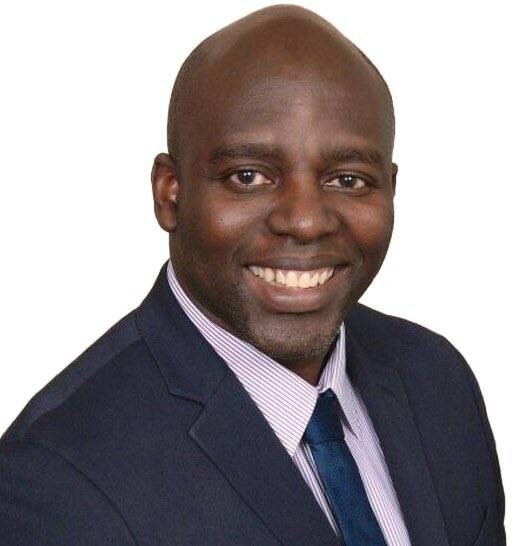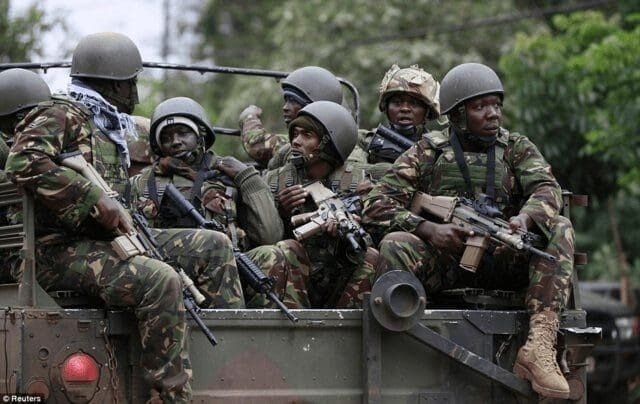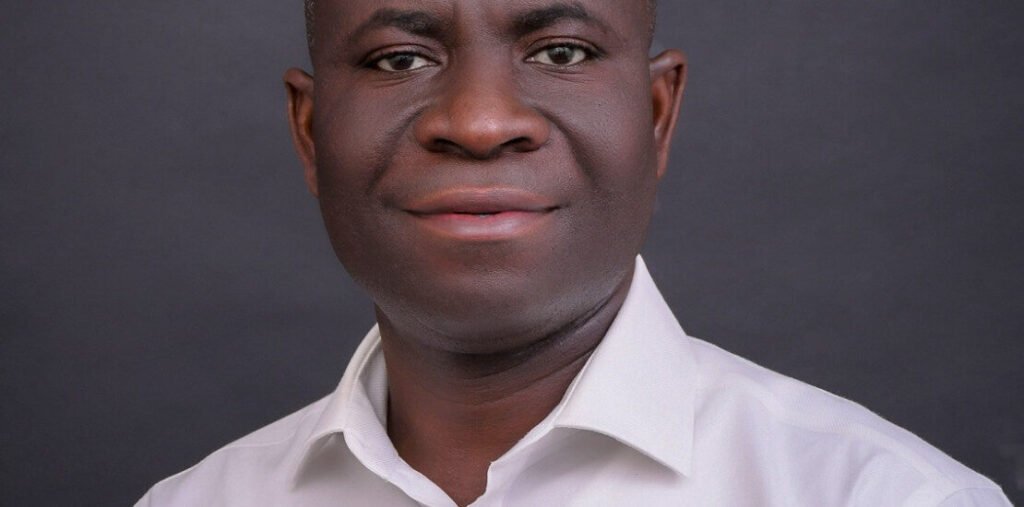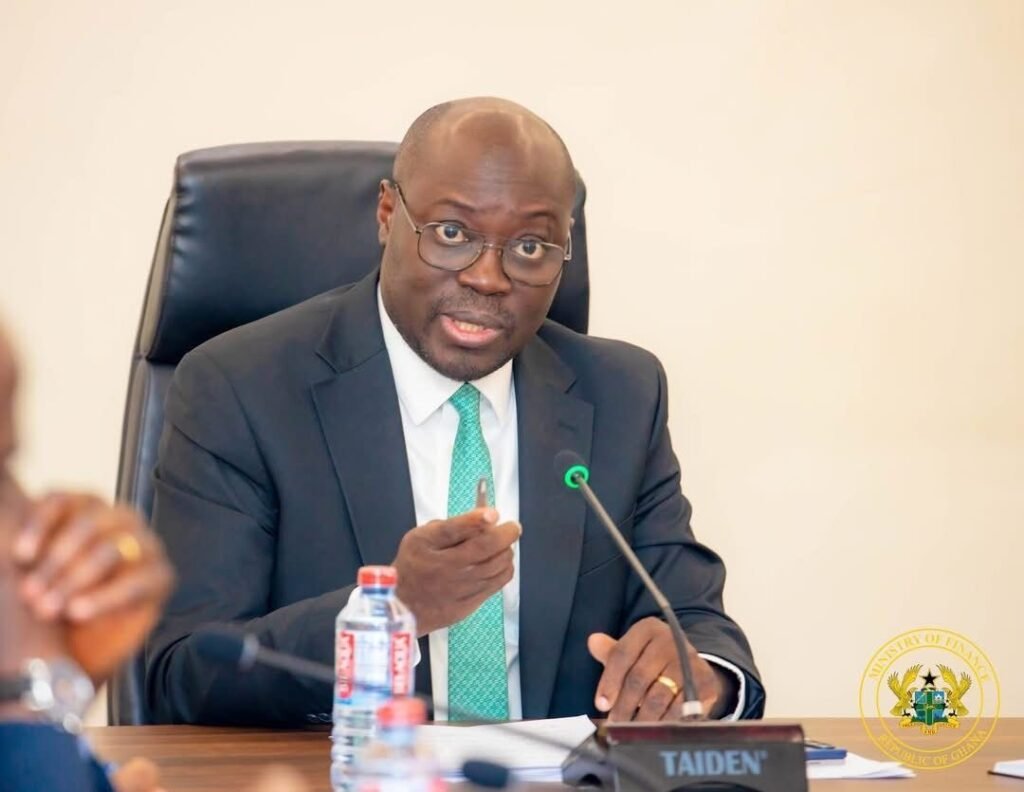A Fellow at the Centre for Democratic Development (CDD) and Project Director for the Democracy Project, Prof. John Osae Kwapong, says Ghana’s two main political parties, the National Democratic Congress (NDC) and the New Patriotic Party (NPP), are unlikely to let a third force take over.
According to him, NDC and NPP have built deeply rooted systems that make it difficult for any new political movement to dislodge them.
Speaking on Metro TV on October 18, Prof. Osae Kwapong said both parties have invested heavily in building political structures across the country.
“If you see the work they have done, they’ve built very solid, comprehensive administrative structures, all the way from the national level to the polling station level.”
He noted that maintaining such political machinery requires significant resources.
“The kinds of resources that you have to mobilize to keep these administrative political structures going is no mean task.”
Prof. Osae Kwapong said these are the key factors he considers whenever a new political party emerges and seeks to compete with the two dominant parties.
“Maybe with time a third party will be able to do that and get to that level, but until they have also made the investments to get where they are.”
He added that it would take significant time and effort for any new party to match that level of organization.
“I keep saying I don’t think the NDC and the NPP will easily give up their strong hold on our political space,” he stated.
According to him, one realistic way to push for reform is not necessarily to create a new party but to work from within the existing ones.
“I say that one of the routes that I think is viable is if you can get in as a truly reform-minded person and seize control of one of these parties to lodge your agenda.”
However, he admitted that breaking through the inner circles of the two parties is not an easy task.
“But again, they’re also not going to allow you as an outsider to just come in and take over the party.”
Citing findings from the 2024 Afrobarometer survey, Prof. Osae Kwapong said while most Ghanaians express a desire for more political alternatives, their loyalties remain with the NDC and NPP.
Almost about 70% of the people said more political parties are needed for Ghanaians, however in that same survey, when it was asked which political party respondents felt close to, about 90% chose either the NDC or NPP.
He described this as a paradox that defines Ghana’s democracy.
“So again, there is that paradox of ‘maybe these are the real choices before us, although we wish we could also have another real choice’.”
On October 16, 2025, the leader of the Movement for Change, Alan Kyeremanten announced the groups transition into a political party, the United Party.




